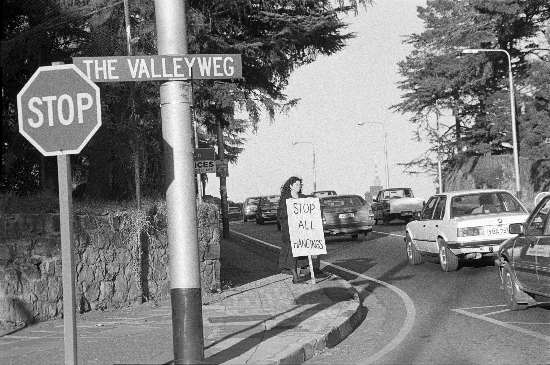Capital punishment, otherwise known as the death penalty, involves the state-sanctioned, premeditated execution of a person for a crime, usually murder or drug-related charges. Increasingly, the death penalty has been opposed, without exception, because of its fundamental denial of human rights. The death penalty has also been opposed because it is not only possible to prove, beyond a shadow of a doubt, that there is enough proof to justify an execution. Over the past few decades, hundreds of death row inmates were released from US prisons once evidence emerged, clearing them of charges.

In apartheid South Africa, state-sanctioned execution was often meted out to those fighting the liberation struggle. South Africans had witnessed the murders of numerous anti-apartheid activists, including John Harris, through being hanged, as well as covert assassination through state-sanctioned hit squad groups such as the Civil Cooperation Bureau, who were later found to be responsible for the murders of David Webster, Anton Lubowski, and Victoria Mxenge, amongst others. The CCB was later found to be funded by the Special Defence Fund. Aside from these sanctioned murders, the high number of deaths in detention diminished public trust in their government's capacity to decide upon their collective right to life. The post-1994 abolition of the death penalty was significant in re-instilling public trust amongst citizens.
The World Day against the Death Penalty was introduced in 2003 by the World Coalition against the Death Penalty, an international network comprised of NGOs, bar associations, local governments and unions. Amnesty International, included in this network, has argued against the death penalty in all cases, without exception.
Despite this, the death penalty continues to exist worldwide. Governments hold the power to choose whether someone lives or dies, but often these processes are severely compromised by intrinsic socio-economic inequities, over-burdened public defense systems and improper procedure.
Learn more about the World Coalition against the Death Penalty.
SAHA collections: death penalty
AL3273 :: The John Harris Collection
The collection consists of the trial records, police docket, newspaper clippings as well as the prison file. John Harris, a member of the African Resistance Movement (ARM), was sentenced to death and was executed in 1965 after detonating a bomb at the Johannesburg station on 24 July 1964 as an act of defiance against the apartheid regime in South Africa.





